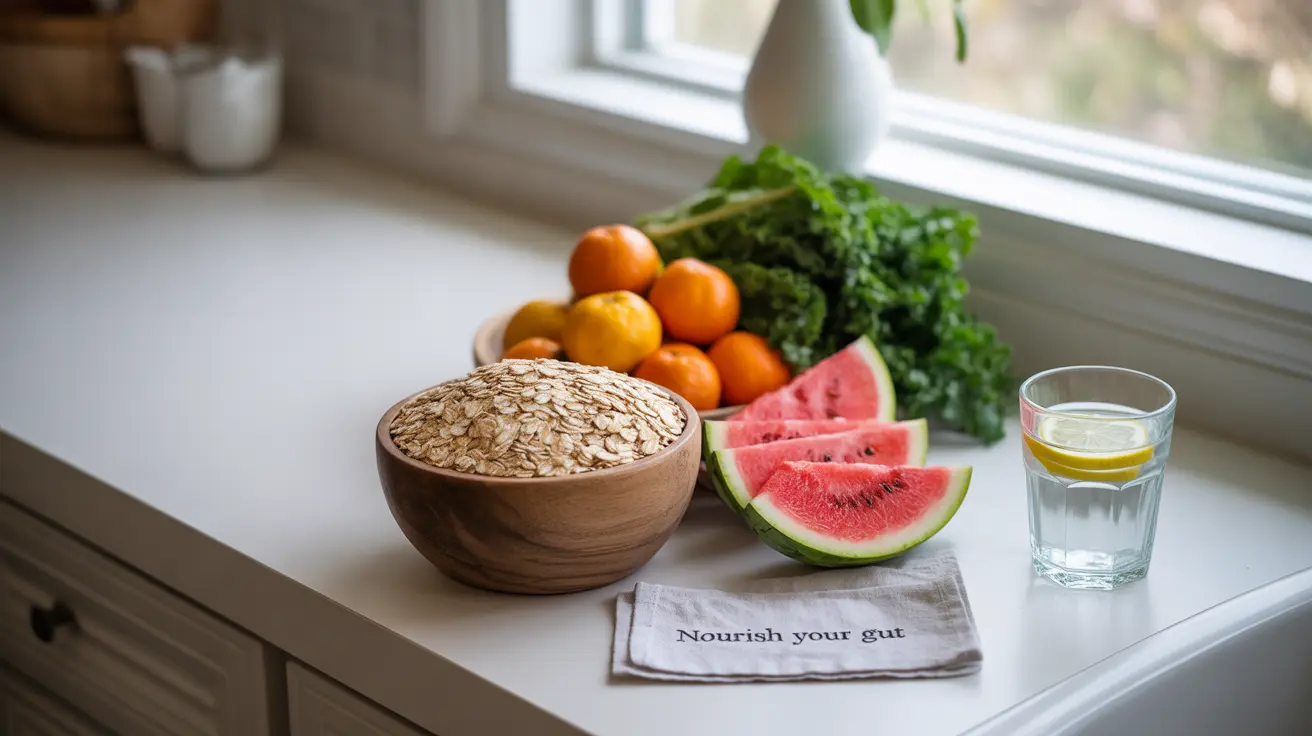Dealing with constipation can be uncomfortable and frustrating, but nature offers many effective solutions for promoting regular bowel movements. Natural laxatives provide a gentler alternative to harsh medications, working with your body's digestive system to restore regularity and comfort.
In this comprehensive guide, we'll explore various natural options for relieving constipation, from dietary choices to lifestyle adjustments that can help maintain healthy bowel function.
Understanding Natural Laxatives and How They Work
Natural laxatives typically work through several mechanisms: adding bulk to stool, drawing water into the intestines, or gently stimulating bowel movements. Unlike harsh chemical laxatives, these natural alternatives support your body's natural digestive processes without causing dependency.
Fiber-Rich Foods as Natural Laxatives
Dietary fiber plays a crucial role in maintaining regular bowel movements and preventing constipation. There are two main types of fiber that work together to promote digestive health:
Soluble Fiber Sources
- Oats and oat bran
- Apples and pears
- Citrus fruits
- Legumes and beans
- Flaxseeds
Insoluble Fiber Sources
- Whole grain products
- Leafy greens
- Nuts and seeds
- Wheat bran
- Root vegetables
Hydrating Foods and Beverages
Proper hydration is essential for natural bowel movements. These foods and drinks can help:
- Water-rich fruits like watermelon and oranges
- Prune juice
- Coconut water
- Herbal teas
- Clear broths
Natural Supplements and Herbs
Several natural supplements can provide gentle relief from constipation:
Gentle Herbal Options
- Psyllium husk
- Aloe vera juice
- Ginger tea
- Peppermint tea
- Dandelion root
Mineral-Based Solutions
- Magnesium citrate
- Sea salt
- Epsom salt (for external use)
Probiotic Foods for Digestive Health
Fermented foods rich in probiotics can help maintain regular bowel movements and improve overall digestive health:
- Yogurt with live cultures
- Kefir
- Kombucha
- Sauerkraut
- Kimchi
Safety Considerations
While natural laxatives are generally safe, it's important to introduce them gradually and pay attention to your body's response. Some herbs like senna should be used cautiously and only for short periods. Always consult with a healthcare provider before starting any new supplement regimen.
Frequently Asked Questions
What are the best natural foods and supplements to relieve constipation?
The most effective natural remedies include prunes, psyllium husk, chia seeds, and leafy greens. These foods are rich in fiber and natural compounds that promote healthy bowel movements. Magnesium supplements and probiotics can also be helpful.
How do fiber and hydration help improve bowel movements naturally?
Fiber adds bulk to stool and helps draw water into the intestines, making stools softer and easier to pass. Adequate hydration ensures this process works effectively and helps prevent hard, dry stools that are difficult to pass.
Is it safe to use senna or castor oil as natural laxatives, and how do they work?
While senna and castor oil are natural laxatives, they should be used sparingly and with caution. They work by stimulating intestinal contractions but can cause dependency if used long-term. It's best to use them only occasionally and under medical supervision.
Can probiotic foods like kefir help with regularity and stool consistency?
Yes, probiotic foods like kefir can improve regularity by supporting healthy gut bacteria. These beneficial microorganisms help break down food, reduce inflammation, and maintain proper digestive function.
How much fiber should I eat daily to prevent constipation naturally?
Adults should aim for 25-30 grams of fiber daily. Women need about 25 grams, while men should consume around 38 grams. Increase fiber intake gradually and drink plenty of water to prevent digestive discomfort.




